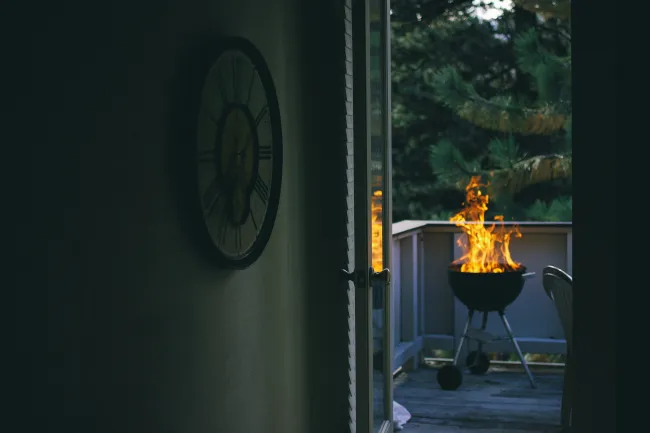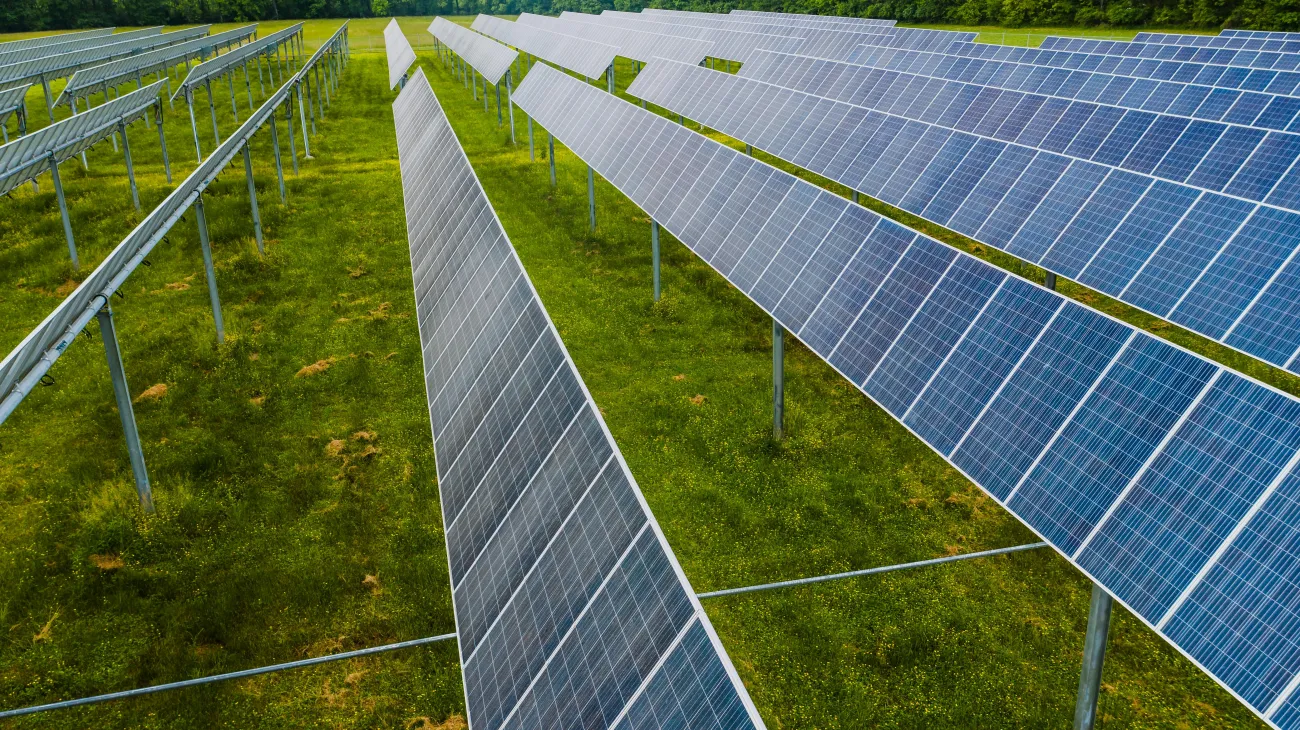This week in Fodder we’re featuring a constructive and uplifting interview with two researchers from Wageningen University in the Netherlands, Petra Berkhout and Jeanne Nel. They are the authors of this year’s Mansholt report which explores the future of food and land use in the EU, constructed around five key food system dilemmas.

Fodder at a glance
🍴 Q&A on morality and five food system dilemmas
🌽 Research on a large-scale case study of regenerative agriculture
🍟 A toxic relationship: Ultra-processed food and plastic
❤️🩹 A political manual for improving national health
🍎 Healthy diets and greenhouse gas emissions in China
A note from the editor
This week in Fodder we’re featuring an interview that I found both uplifting and constructive. I talked to two researchers from Wageningen University in the Netherlands, Petra Berkhout and Jeanne Nel. They are the authors of this year’s Mansholt report which explores the future of food and land use in the EU, constructed around five key food system dilemmas.
The points that stuck with me when talking with them were:
- The EU’s vulnerability in animal feed and fertilizer as a lens for thinking about food security.
- The power of inclusivity and co-creation in managing contentious issues.
- Avoiding the temptation to give answers and instead thinking about how to ask good questions.
- Should we have the right to BBQ [(US) grill] ? The importance of morality in food system debates.
I hope you enjoy the conversation,
Jack Thompson, editor of FODDER
Petra Berkhout is an agricultural economist, and Jeanne Nel is the programme lead for Biodiverse Environments, both at Wageningen University. They are part of the team that produced the Mansholt report, an annual event organized by Wageningen University that explores pressing issues in EU food systems and named after Sicco Mansholt, a Dutch pioneer of the European Common Agricultural Policy. The framework of five interconnected dilemmas offers a comprehensive and nuanced guide to navigating the complex trade-offs between food production, biodiversity, climate goals, and land use in the EU.
The five food system dilemmas:
- To what extent should the EU pursue self-sufficiency in food and non-food biomass supply?
- What roles are envisioned for animal husbandry in the EU?
- Climate and biodiversity targets: A shared EU responsibility or tailored to each member state?
- At what scale should food and non-food biomass coexist with biodiversity and address climate targets?
- To what extent should policies focus on changing consumer behaviour?
TABLE: I found the framing of 5 dilemmas in the report very clear – how did you conceptualise this format?
Petra Berkhout: We came up with the dilemmas because of the nitrogen problem in the Netherlands and people were looking to Wageningen University as an agricultural university to come up with solutions. So, we came up with dilemmas to have a dialogue about the future of agriculture in the Netherlands and then we translated those dilemmas to Europe.
TABLE: Why those five dilemmas? Did it help to reduce the complexity of the land use and meat debate?
Jeanne Nel: One really important thing is that the dilemmas are seen as a whole. They don't reduce complexity, they actually increase complexity because they interact. What we wanted to show is that the crux of the matter is not the dilemmas, but the interactions of the dilemmas, and how those interactions play off each other.
What the dilemmas are trying to show is that you're living in this very complex world, and there are very few win-win situations.
TABLE: One interesting finding of the report for me was how Europe is generally food secure in terms of the food it produces and consumes, but that the vulnerabilities actually come in the inputs such as animal feed and fertiliser. How did these findings make you think differently about food security?
PB: Exactly, we've become more aware of this since the war in Ukraine, when energy prices went up and food became more expensive – not because it was scarce. And that's one of the points we make in the report as well, that availability is not the issue [in the EU], it's affordability.
Two big issues for me are the animal feed that we import and consumer behaviour. For me, those are the crux of the matter. And we don't talk about that because we're too busy talking about land and productivity. There's lots that can be done to decrease this dependency, including better sewage systems so you can reuse humanure, eating less animal proteins, and growing more lentils or other protein crops.
TABLE: Reading the report, I’m left with more questions than answers. Was that intentional?
JN: We were really trying to ask questions rather than be direct and come up with the solutions. We put on the table many questions that different people would answer in different ways. The real question is how they are deliberated and discussed to get to a conclusion that is fair and just. What we're trying to do is identify these tensions and dilemmas and actually frame them as questions rather than as a direct single solution so that people can start debating them.
A good example of this is the Farm to Fork strategy (The EU’s new farming subsidies to encourage sustainable farming and included targets of reducing pesticides by 50%, synthetic fertilizer by 20% and boosting organic farming to 25% of EU land). After it was published in 2020, it was taken off the table due to the farming protests in the Netherlands. In response to this backlash, we now have the Strategic Dialogue on the Future of Farming. If you read the Strategic Dialogue, the content and the course it wants to take towards more sustainable food systems is very similar to the Farm to Fork Strategy. But the way they explain the dilemmas and the trade-offs is much more sympathetic to the problems a lot of actors in food systems encounter. And therefore, I think it's much better in creating a good dialogue and taking everyone on board to go forward to sustainable food systems.
TABLE: For me, that really illustrates the power of framing, inclusion and co-creation.
PB: It's so important to be inclusive.
JN: It's also a different mindset that you have to get out of, as a scientist.
TABLE: Do you think that's a common issue for scientists who might be solution-focused?
PB: It's difficult, I think, because with some issues within the group, we felt, based on scientific evidence, this must be the solution. But I think the final product has become better by raising it in terms of questions and being less directive.
Something I found very inspiring is that we were a truly transdisciplinary team. In our group, we had very diverse perspectives, and it was through those debates that we were having that we learned and broadened our understanding.
TABLE: Can you give me an example of the sorts of debates you had?
PB: One of our members said we should stop trade in feed because it is very bad for the environment. I said the issue is not trade. The issue is trade that goes beyond environmental and social standards. The solution for me as an economist is not to curb trade, but to set higher environmental standards because these standards are lacking currently.
(The report does highlight that trade in feed drives biodiversity loss and deforestation. But the authors conclude that it’s not the act of trade that causes this, but the environmental standards and the consumer demand.)
JN: Dilemma number four on trading nature and biodiversity, was the most difficult for me because it spoke to your moral core. There are a lot of people who would put a price tag on nature and some people who say, well it's immoral to put a price tag on nature and how can you trade nature? And nature is not substitutable, it's not like a carbon molecule that you can just transfer from one to another.
(The report reflects this moral view of biodiversity, highlighting the challenges of valuing unique and irreplaceable biodiversity. It suggests minimum environmental baselines to protect ecosystems, acknowledging that tensions arise between long-term biodiversity benefits and immediate political and economic needs).
PB: It’s similar to dilemma number 5 on consumer behaviour. Is it acceptable to intervene in consumer behaviour, knowing it would be better for our children or grandchildren and the future planet to do so? That's a moral issue as well. We called it a right to barbecue. I mean, is that a universal right? Or should we set a quota for barbecues? I'm joking of course, but there's the same morality to it.
TABLE researcher Tamsin Blaxter commented it would be interesting to think about how the five EU dilemmas would sound different if framed by experts from other member states since the process was understandably Dutch-centric.
What do you think the report would look like if researchers from Romania or Italy wrote the report? Email jackthompson@tabledebates.org for the chance to be featured in the next edition of FODDER.
You can read the report and watch the lecture here.




Comments (0)